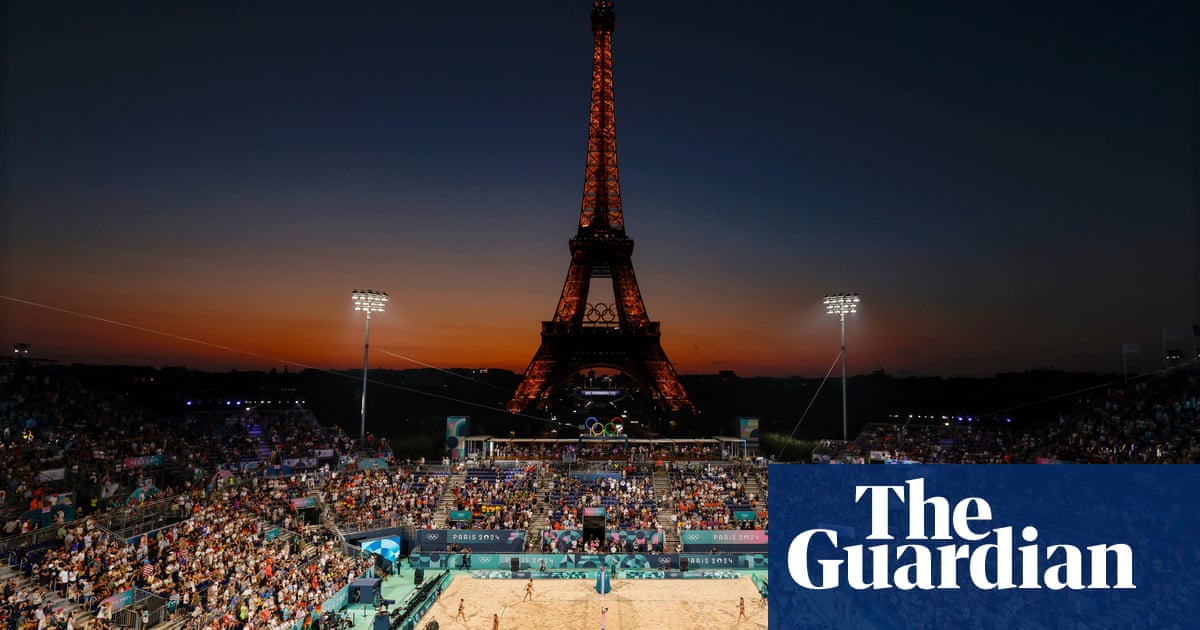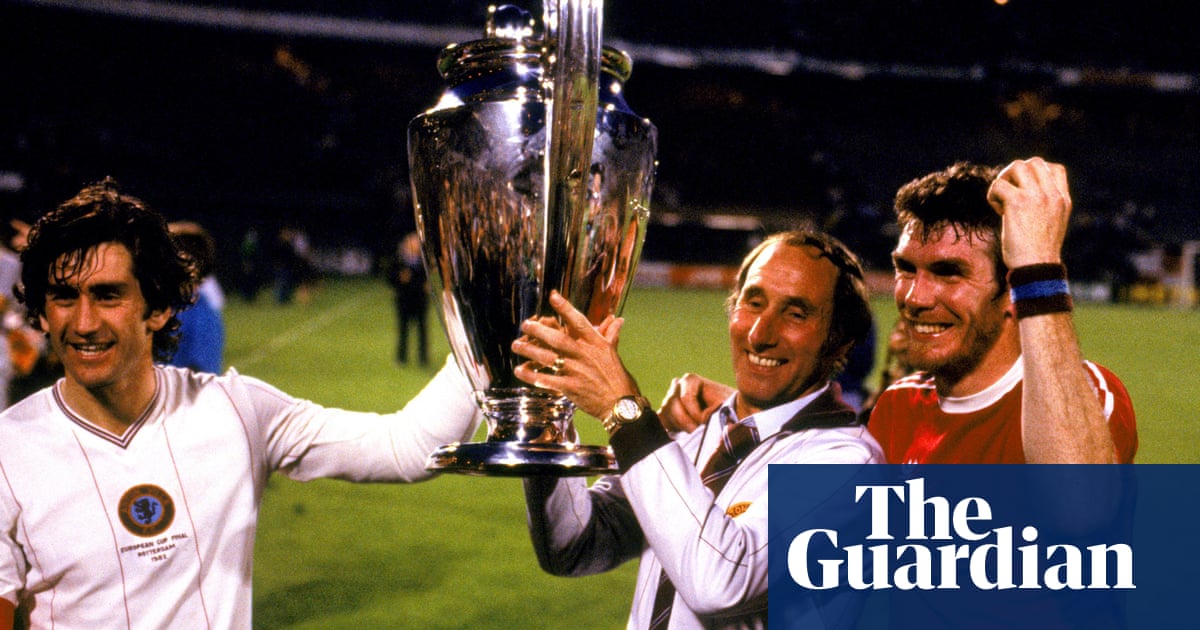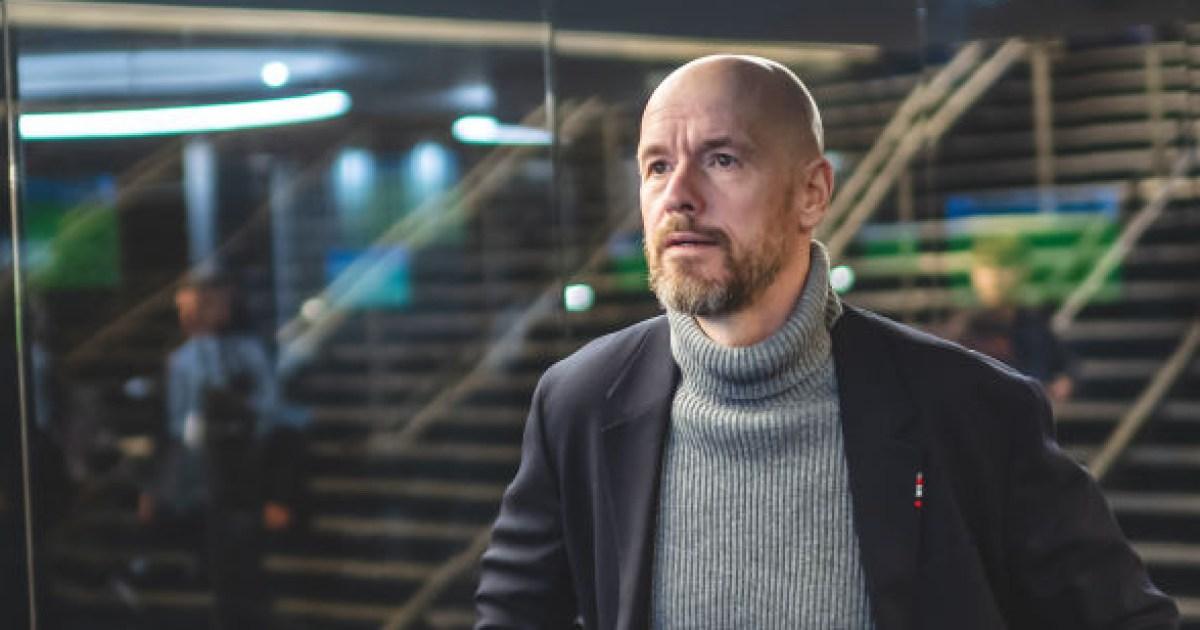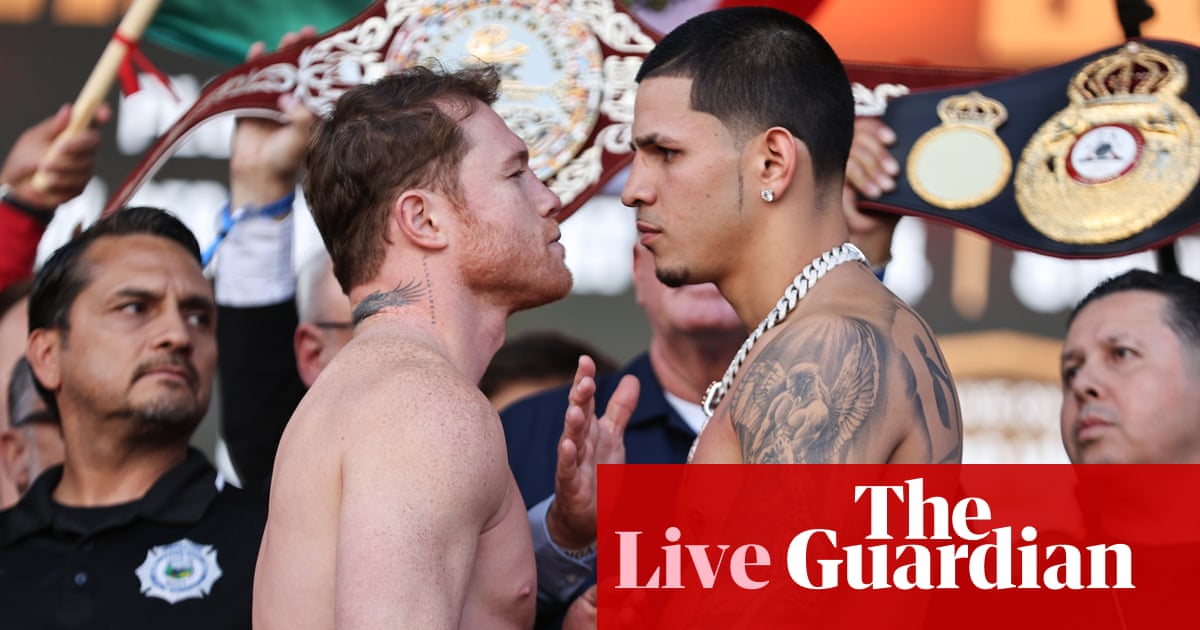Four months after Paris 2024’s spectacular finale, starring Tom Cruise abseiling off the top of the Stade de France and hurtling out of a plane above Los Angeles, the executive director of the Olympics is mulling over the lasting impact of the Games. Albeit with the help of a rather different cinematic icon.
“I was making a presentation to Deloitte executives recently,” says Christophe Dubi, the man responsible for planning and delivering the Olympics. “And I started by paraphrasing the Stranger in The Big Lebowski: ‘Sometimes, there is a man, he’s the man for his time and place, he was The Dude.’ Because Paris really was the right Games, at the right time and place.”
Warming to his theme, he says: “There were a lot of geopolitical tensions, with people upset about just about everything every day. And suddenly you have this breath of fresh air, unfolding under our eyes, at a moment where it was needed.”
At the Paris 2024 headquarters, meanwhile, its chief executive, Étienne Thobois, offers his own succinct summary of those 17 days of joyous madness. “You always hope,” he says. “But you don’t really believe it until you see it. It was intense, exciting and, well, fabulous.”
Few in the French capital would demur. Every day brought fresh heroes and dramatic new storylines; unexpected memes and memories. To British ears the names Keely Hodgkinson, Alex Yee and Tom Pidcock are enough to slip the mind back in time. Léon Marchand, Sydney McLaughlin‑Levrone and Yuto Horigome went global, while Raygun, the pose of the Turkish shooter Yusuf Dikec and the Rubik’s cube gymnast Stephen Nedoroscik went viral.
After the corruption-soaked Rio Olympics, and the Ghost Games of Tokyo, Paris felt like a much-needed return to form and relevance. Especially in the moment. But how does it look in retrospect – especially now the data has been crunched and marinated?
The numbers are encouraging. This month the International Olympic Committee published independent research claiming that 84% of the total potential global audience, equal to around 5 billion people, followed Paris 2024. It also found that each viewer watched about nine hours of coverage, on average, a 25% rise compared to Tokyo. Meanwhile 73% of people felt the Games were a success – compared to 65% for Tokyo and 57% for Rio.
But what gives Dubi particular satisfaction is that attention among gen Z viewers is trending particularly well. “We have regained what we had somewhat lost,” he insists. “So when you reconquer gen Z, those that are looking at the world facing the future rather than looking at the past, it really matters.”
Meanwhile for Thobois the overriding satisfaction is how much the original Paris 2024 playbook – including the opening ceremony on the Seine, the marathon for all, allowing 20,024 runners on the official course, and the concept of Games Wide Open, using Paris’s iconic landmarks as venues – was delivered and embraced.
“There are two things that I think made it a success,” he says. “First, if you look at the bid book and all its innovation, and what we delivered, we were quite close. We had a clear vision, an ambition, and we carried it off pretty well. And second, we delivered a Games that embraced and mixed Olympic and French values.”
He cites the Olympic cauldron rising up off the Seine every night as a particularly vivid memory. “It was almost a spiritual moment every night with up to 40,000 people watching this thing in silence. It was the City of Light under the Olympic light. It was almost poetic, and I think very French.”
And then there were the crowds, particularly in the road bike races on Montmartre and during the triathlon. “They were everywhere. And the magic of the Games was just fantastic.”
Of course there were issues. Days before the Olympics, the Paris 2024 systems were affected by the CrowdStrike outage. There was anger about the lack of protein for athletes in the village. The French train network was hit by arson attacks on the day of the opening ceremony. And then, hours later, came the deluge as biblical levels of rain hit Paris when the world’s eyes were on it.
after newsletter promotion
“The thing is, when you look at the statistics it cannot happen,” Dubi says. “Yes, you can have a light shower maybe. But what happened that night? Statistically, it happens maybe once in a century. But I knew that for every section of the opening ceremony, we had a plan B that would unfold and we would deliver it so I wasn’t worried about the rain.”
However, Dubi was concerned how the athletes, major stars, chief executives and spectators were feeling under their ponchos. “But no one complained. Out of resilience, something magical was formed.”
We might forget now that the threat of terrorism was such that 45,000 police and security forces were on guard that night. Or that there were widespread fears beforehand of terrorism attacks, strikes or delays getting into stadiums.
However, Dubi concedes the Olympic movement does need to absorb some lessons. Asked about the controversies in Paris, especially the Dutch beach volleyball rapist being allowed to play, and Imane Khelif and Lin Yu‑ting competing in the women’s boxing tournament, he replies: “There are some moments where things happen, and you move on. And then there are the issues that you raise here.
“There were others – such as the 60-second rule to appeal in gymnastics – which has retained our attention as well. And there, you have to take a step back and say: ‘Yes, that’s an issue to be addressed.’”
And what of the legacy? Thobois cites the cleaning of the Seine as a major plus, along with providing more sports equipment and facilities, especially in Saint-Denis. And he is still confident there will be “intangible” legacies too from the Games, such as the benefits from schools having 60 minutes of physical activity a day.
Of course, those heady days where Paris seemed to enjoy a three-week party are long gone. Real life, and political strife, once again dominate the landscape. But Dubi insists that what happened in the summer still resonates. And not only in the French capital.
“The uniqueness of the Games – and what Olympic values mean for society – is probably more relevant than ever,” he says. “And Paris has reinforced that uniqueness.”







